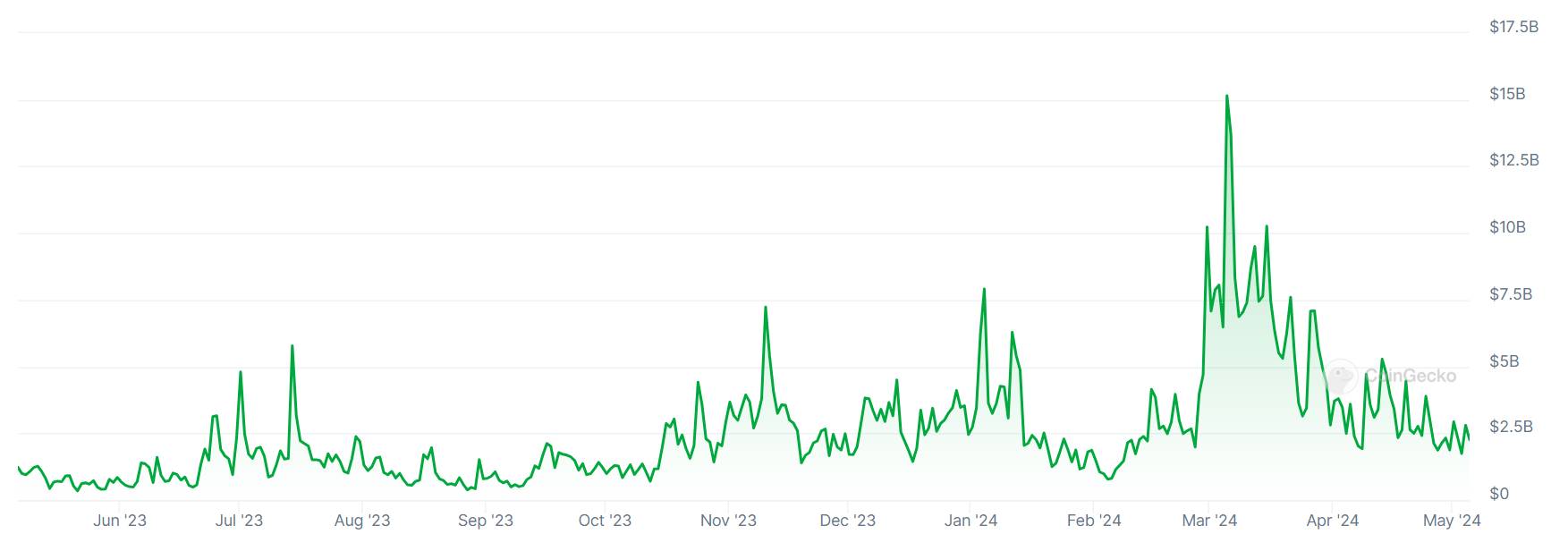Crypto, including Bitcoin, will be excluded from an amended South Korean donations law, government officials announced on May 5.
Per Kyunghang Shinmun, the Ministry of the Interior and Safety said it wanted to “expand the scope” of donations – but has decided against allowing citizens to donate crypto.
Donations Plans: Crypto Excluded
The ministry plans to make amendments to the Enforcement Decree of the Act on Collection and Use of Donations.
These amendments will allow citizens to donate a slew of cash alternatives to charitable causes.
These include loyalty points from tech giants such as Naver, as well as department store gift vouchers, securities, supermarket vouchers, and listed stocks.
The ministry also plans to let citizens donate local government-issued, KRW-pegged stablecoins and blockchain-powered e-gift vouchers.
The scope of donation platforms has also been broadened in the plans, with more online donation options set to be green-lighted.
Citizens will also be able to make use of automatic response systems (ARS)-related technology when they want to give to charities.
Ministry officials want lawmakers to approve the legal amendments in time for a July rollout.
The ministry did not give reasons for its decision not to allow citizens to donate cryptoassets, despite the enormous popularity of BTC and other tokens in the country.
Charities to Suffer?
The news will come as a blow not only to crypto enthusiasts, but also to South Korean charities.
In recent years, charities have tried to launch crypto-powered donation drives. But they have had to contend with legal obstacles.
South Korean law does not allow for charities to accept crypto donations. So past campaigns have relied almost entirely on the aid of domestic exchanges.
In a January 2024 article for Bokji Times, Jang Yoon-ju, a researcher for The Beautiful Foundation – one of South Korea’s biggest charities – documented the crypto-related challenges charities face in the nation.
She claimed that potential donors had “made inquiries about cryptocurrency donations.” But, Jang said, such questions were often “difficult to answer.”
Exchanges Play Key Role
Jang noted that various attempts to launch crypto-powered donation platforms had failed in the past, with notable drives in 2014 and 2018 eventually coming to nothing.
She added that donations made using crypto began “in earnest” in 2020, when four large domestic charitable organizations started encouraging the public to donate their tokens.
But in each case, charities have had to team up with crypto exchanges that convert coins to cash, which they they pass on to the organizations.
Rising Popularity of Crypto Donations in South Korea?
The researcher added that crypto donations are becoming increasingly popular in South Korea, with many seeking to donate their coins to overseas charities.
Jang explained that South Koreans had donated a total of BTC 14 to charities involved in providing aid to victims of the 2023 Turkey–Syria earthquakes.
The citizens made their donations via a platform operated by Dunamu, the creator of the South Korean market-leading Upbit exchange.

She also said that 902 South Korean people donated “digital assets” worth some $118,000 to charities helping refugees of the war in Ukraine last year.
The Ukrainian government has also set up direct crypto donation platforms for international donors.
Last year, Russian officials charged a man who reportedly sent crypto to Ukraine’s armed forces with “high treason.”